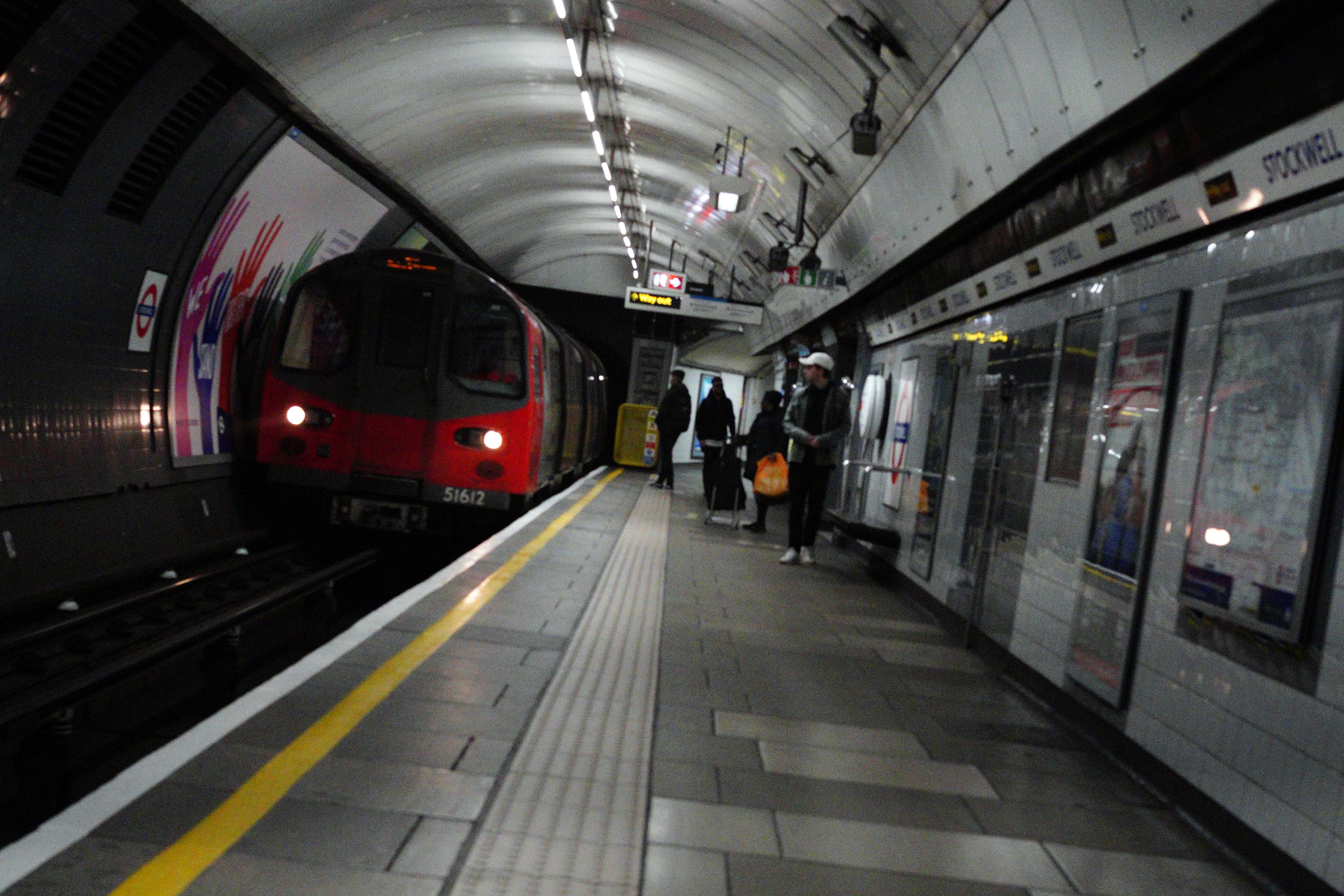The shocking spike in violent crimes against women on Britain’s trains
Figures show over a third of women experienced sexual harassment or sexual offences while commuting

Violent attacks perpetrated against women on British railways have more than doubled in two years, troubling new data shows.
Figures from the British Transport Police reveal the number of crimes against women and girls surged from 7,561 in 2021 to 11,357 in 2023.
The number of sexual offences rose by 10 per cent during the same period, while sexual harassment reports doubled, the data first reported by The Times showed.
A British Transport Police (BTP) survey from last year found over a third of women have been subjected to sexual harassment or sexual offences while commuting via train or tube.
The polling discovered around half of those who have been victims say other passengers attempted to come to their aid.
Researchers also found most assaults take place in evening rush hour when trains are crowded with passengers.
Jessica Eagelton, of leading domestic abuse charity Refuge, which The Independent is partnered with, said the fresh figures are a “stark illustration of the widespread scale of violence against women and girls and misogyny” across the UK.
“Whilst public transport is understandably busier now than it was coming out of the Covid pandemic in 2022, this alone shouldn’t negate the huge prevalence of violence against women and girls crimes being recorded,” she added.

Ms Eagelton argued the figures from last year are “likely to be the tip of the iceberg” - with many victims unable to report crimes due to concerns they will not be believed or could face “repercussions from their abuser”, coupled with a dearth of “faith in the system”.
BTP Detective Chief Superintendent Paul Furnell last year urged people to watch out and stand up for each other on the train or tube.
“If we see something that isn’t right, doing something about it, whether that’s intervening, if you feel safe to do so or reporting it to police,” he added.
It comes as Dame Vera Baird KC, former victims’ commissioner for England and Wales, called for those who perpetrate violence against women to be swiftly held to account in the same way agitators involved in the recent explosion of far right violence have been punished.
Pressed about whether she was in favour of placing violence against women and girls on an equal footing in the criminal justice system, Dame Vera told Times Radio: "Yes. It’s very, hugely, difficult. We all know that the last government left the criminal justice system in a total mess.
“Low prosecutions for sexual assaults, waits of two to three years whilst victims are, you know, hanging in a hinterland where they can’t leave something behind and get on with their lives. And they’re haunted by it day after day because at some point they’re going to have to tell a jury or a court about it.”
She argued delays serve as a a “huge deterrent” to victims coming forward to report violence and abuse as she called for this to be dramatically improved.
Join our commenting forum
Join thought-provoking conversations, follow other Independent readers and see their replies
Comments
Bookmark popover
Removed from bookmarks